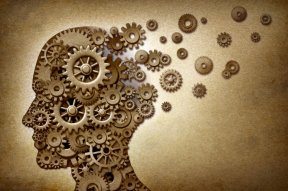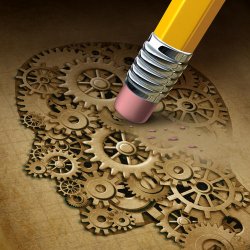

In a new paper published in the journal Brain Research, the researchers explain how the “triple-action” drug resulted in a significant reversal of memory loss in mice that were genetically engineered to develop human-like Alzheimer’s disease. The new drug “holds clear promise of being developed into a new treatment for chronic neurodegenerative disorders such as Alzheimer’s disease,” says study leader Christian Hölscher, a professor in the Faculty of Health and Medicine at Lancaster University in the U.K. Alzheimer’s is a brain-wasting disease that accounts for 50–75 percent of cases of dementia, which is a condition wherein people gradually lose their ability to think, remember, make decisions, hold a conversation, and look after themselves. As the disease progresses, the brain undergoes biological and chemical changes, and particular areas shrink as nerve cells, or neurons, die. The exact causes of Alzheimer’s are currently unknown, but microscopic examinations of affected brain tissue have revealed two hallmarks: abnormal accumulations of protein segments known as “plaques” and “tangles.” The number of people with Alzheimer’s disease is rising rapidly as the population ages. In 2015, there were an estimated 46.8 million people worldwide living with dementia, and this number is expected to reach more than 130 million in 2050.












